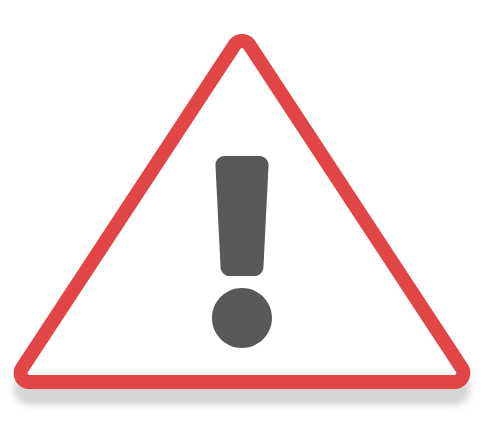Getting Started
To begin searching within the
Government Manual simply type
in a keyword
or phrase
to find your match.
